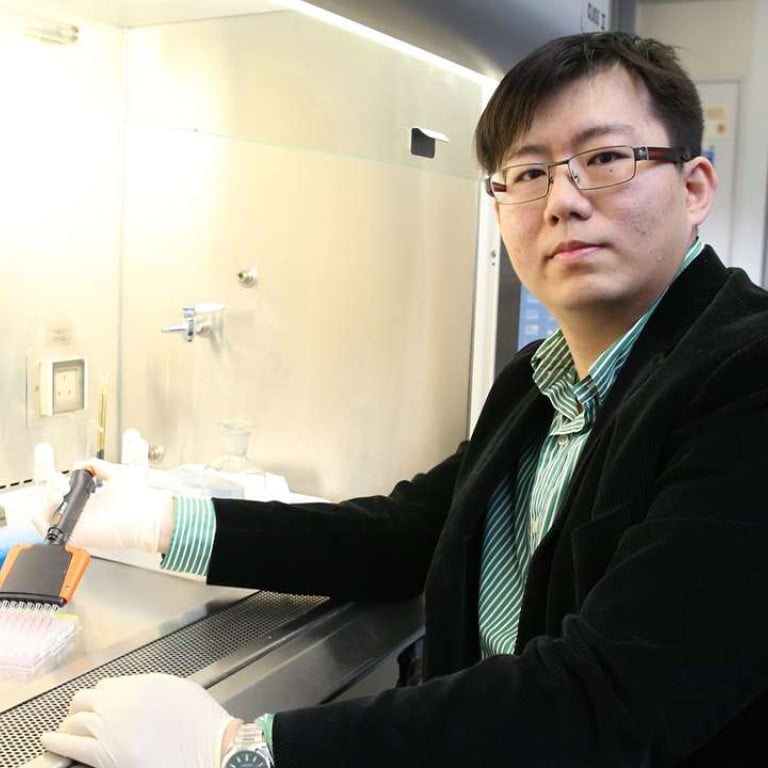
Possible conflict of interest flagged in applications to Hong Kong’s Research Grants Council
Concern group uncovers cases in which two academics received almost HK$100 million from public body of which they were also members
The public administrator for research funding has again come under fire for alleged conflicts of interest after nearly HK$100 million in research grants was given to two senior academics, including one provost.
Dr Roger Wong Hoi-fung, who heads the concern group, said he suspected the academics essentially “vetted themselves” for upwards of HK$95 million in public funding between 2013 and 2015 given that they were simultaneously members of the council.
The audit review also found that six out of 3,314 projects under three funding schemes approved in the 2013/14 and 2015/16 academic years involved four principal investigators who were council members – professors Paul Tam Kwong-hang and Terry Au Kit-fong of the University of Hong Kong, Ross Murch of the University of Science and Technology and Peter Baehr of Lingnan University.
Only Tam and Baehr are currently listed as council members.
Wong’s group on Sunday pointed to Tam and Murch’s involvement in at least two “theme-based research projects” between 2013 and 2015, whose interests it said had not been disclosed. Unlike regular joint research projects – the focus of the auditor’s probe – only a few theme-based research schemes are approved each term.There were just five in 2015/16.
Tam, a provost and deputy vice-chancellor at HKU, sought and received HK$62 million in funding for a research project on neural crest stem cells in 2014. He has been a member of the council since 2010/11.
Ross Murch, a chair professor in the department of electronic and computer engineering at the University of Science and Technology, applied for HK$33 million in funding under the same scheme for smart urban water supply systems in 2015.
“If such conflict of interest issues are not resolved, this could be corrupting and lead to a deterioration of trust in [academia],” said Wong, an ex-HKU scholar who blew the whistle over a controversy earlier this year involving an HKU professor who allegedly falsified research results in a scientific journal.
Veteran lawyer and former legislator Albert Ho Chun-yan said academic integrity was based on due process and fair play and it was inappropriate for any applicant to be “a judge of his own cause”. He urged the council and auditor to look into the case and for lawmakers to raise questions with the government. “It definitely involves conflict of interest or a transfer of interest,” he said.
Ho believed there were grounds for scholars who could not obtain funding to lodge judicial reviews to challenge the council’s decisions.
A spokesman for the University of Science and Technology said they were looking into the matter, while HKU referred queries to the grants council.
A spokesman for the University Grants Committee, which the council falls under, said all peer reviews of theme-based schemes were conducted by non-local academics or members outside of academia. Neither Tam nor Murch were involved in the reviews, it said.
The Major Projects Steering Committee, which vets theme-based projects and submits recommendations to the council, was also made up of non-local scholars, it added.
“Since there is no actual conflict of interest, the council does not request individual members to make declaration of interest,” the committee spokesman said.

